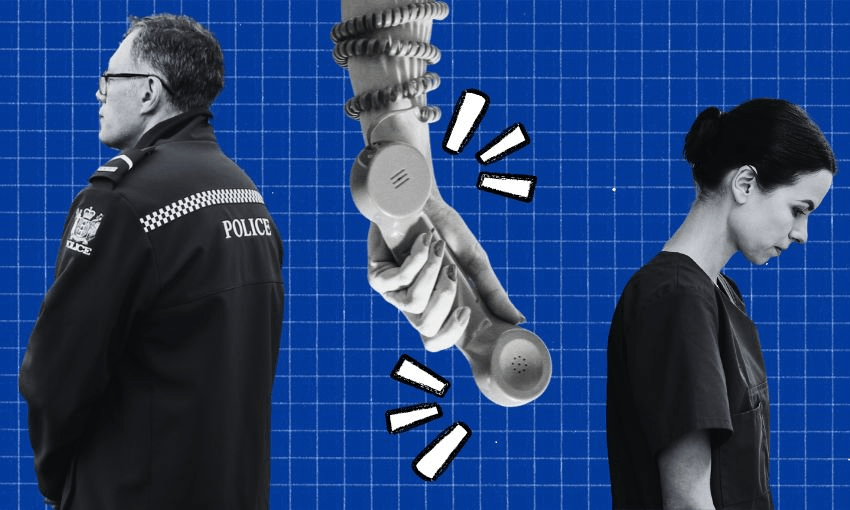British archaeologists are among a group in Egypt who have discovered an ancient royal tomb on the west bank of the Nile in Luxor. The tomb is believed to date back to the time of the pharaohs Akhenaton and Tutankhamun, some 3,500 years ago. It was found in the Western Valley of the Theban Mountain, below the believed cliff tomb of the 18th Dynasty princess and governmental official Neferure, the daughter of Pharaoh Thutmose II.
Dr Mostafa Waziri is an archaeologist and the secretary-general of the Supreme Council of Antiquities of Egypt.
In a statement, he said: “The ceramics and fragmentary inscriptional evidence found in the newly uncovered royal tomb indicates that it belongs to several members of the royal family of the Thutmosid period of the 18th Dynasty.”
This period in ancient Egyptian history — the first dynasty of the so-called New Kingdom — spanned from 1550 to 1292 BC.
It is considered by many experts to be among the most prosperous times for Ancient Egypt, and saw many famous pharaohs, among whose number were also Hatshepsut (Neferure’s mother) and Nefertiti.
The British part of the research team was headed up by University of Cambridge archaeologist Dr Piers Litherland.
He agreed that the tomb may have belonged to either a royal wife or princess of the Thutmosid lineage.
This line takes its name from the four pharaohs Thutmose I–IV, whose reign spanned a period from 1506–1391.
Thutmose III, sometimes referred to as “Thutmose the Great”, is notable for being known as the greatest military pharoah ever — conducting 17 different campaigns and capturing new territory from Syria all the way to Upper Nubia — and officially ruled Egypt for a whopping 54 years.
READ MORE: Bible story proven true as evidence for Maccabean Revolt found
The new tomb is just one of several major archaeological discoveries that Egypt has unveiled in recent years — many of which have been located in the Saqqara necropolis that lies some 19 miles south of Cairo.
Critics have accused the country of prioritising showy finds — over that of more serious academic investigation — in order to grab attention from the worldwide press.
However, the discoveries have been key to the revivification of Egypt’s flagging but vital tourism industry, which has suffered in recent years as a result of the COVID-19 pandemic and political unrest.
Tourism is estimated to account for a whopping two million jobs across the country, and some 10 percent of the nation’s gross domestic product.





















Discussion about this post